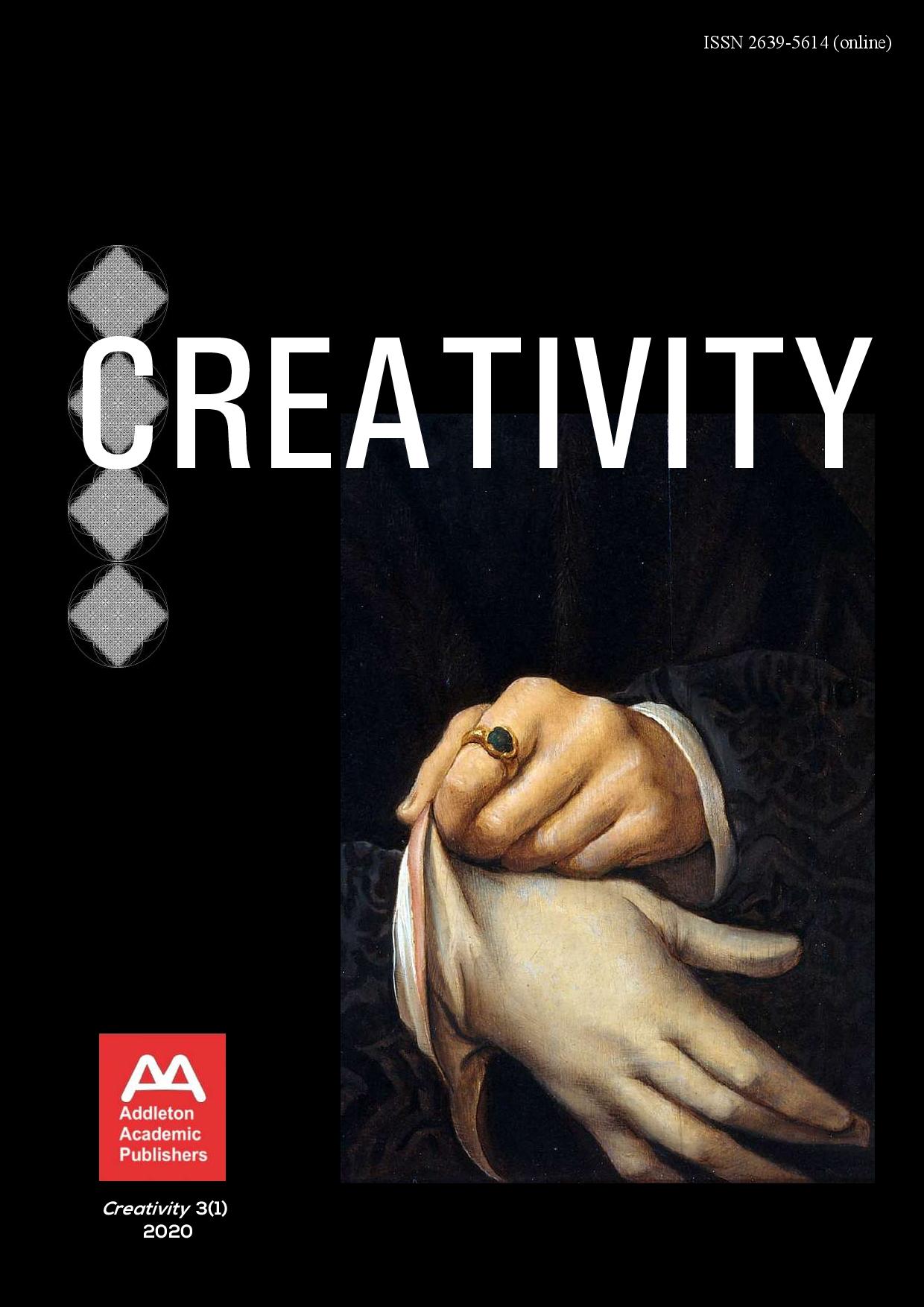Roger Zelazny and Hindu thought (II): science fiction gods in Lord of Light
Roger Zelazny and Hindu thought (II): science fiction gods in Lord of Light
Author(s): Loredana AsafteiSubject(s): Novel, Indian Philosophy, American Literature
Published by: Addleton Academic Publishers
Keywords: science fiction; Indian philosophy; Buddhism; myth; American literature; fantasy; gods; heroes; chaos; immortality; order; rebirth; resurrection; religion; karma; māyā; dharma; nirvāṇa;
Summary/Abstract: The following paper is the second part of our article that explores the influence of Hindu and Buddhist mythology, religion and philosophy in Roger Zelazny’s Lord of Light (1967), the Hugo Award-winning novel (1968) which belongs to the “New-Wave SF.” Lord of Light is particularly significant for this highly experimental literary movement, not only because it focuses on character development and the inner space, but also for its poetic language, narrative devices, and its hybrid blend of science fiction and fantasy. The machination that runs behind science fantasy is based both on scientific extrapolation (space travel, alien cultures, far future scenarios, and logical-rational explanation for mysterious events) and elements of magic, mythology and metaphysics. Technological and scientific extrapolation blends well with the mythical and philosophical aspects of Indian culture in Zelazny’s Lord of Light. The present article proposes that the genre took a step forward for its recognition in the mainstream literature and literary canon via the aforementioned novel, through its close reading of Hindu and Buddhist elements and the interweaving of the latter with technological elements and scientific extrapolation. Therefore, we suggest that Zelazny, one of the pioneers of the literary SF of the 1960s, played an influential role in closing the gap between the literary canon and the underground SF, science and the metaphysical realm, reason and imagination. The resurrection of Hindu myths along with the subsequent pantheon is made plausible in the novel not only through the author’s comprehensive study and research on the subject of Indian philosophy, religion and mythology, both Buddhist and Hindu, but also through the scientific extrapolation of technological devices, progress and rational justifications for the supernatural. In this manner, the article will demonstrate why Lord of Light should be considered part of the literary canon through the way in which Zelazny highlighted the essential aspects of Hindu and Buddhist philosophy and myth especially through the novel’s focus on introspection and powerful characterization, as well as through the narrative devices used in plot construction (dialogue, descriptions, narration from different viewpoints), colorful imagery and poetic language.
Journal: Creativity
- Issue Year: 3/2020
- Issue No: 1
- Page Range: 3-49
- Page Count: 47
- Language: English
- Content File-PDF

